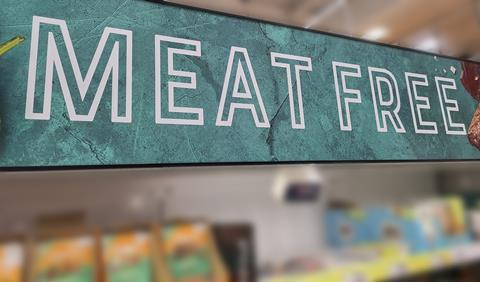
It’s been a challenging period for meat mimicry. In the past couple of years, sales have fallen and new health concerns have come to the fore.
When meat substitutes first emerged, brands understandably focused on replicating the taste and texture of meat to encourage consumer adoption. However, the spotlight on ultra-processed foods (UPFs) has prompted many to question how these similarities have been achieved. Mintel research reveals over half (52%) of UK consumers perceive meat substitutes that mimic meat as heavily processed.
The signs suggest meat-free brands will have to respond to people’s changing habits to enhance their appeal for more everyday meal occasions. So what can they learn from other categories and propositions?
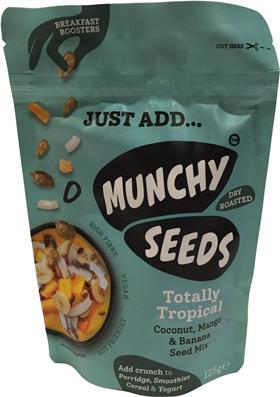
Nutritional toppers, such as Munchy Seeds’ Totally Tropical Breakfast Booster, hold some interesting lessons on what consumers want. Packed with whole foods, they are a versatile addition to dishes like porridge and salads. They also capitalise on the positive perception and ‘health halo’ associated with whole food ingredients.
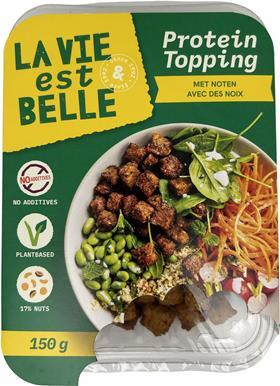
La Vie Est Belle’s Protein Topping with Nuts from the Netherlands is already taking suitable cues. The product makes no reference to being a meat replacement, instead referring to its macronutrient contribution and role within a meal.
Meat-free brands can similarly contribute to tangible health goals, such as those related to dietary variety and fibre intake. Plant-based proteins and vegetables provide fibre – a nutrient meat cannot provide, and one many people are not eating enough of.
High or added-fibre claims are currently under-explored in meat substitutes, appearing on only 9% of European launches in the year to November 2024, according to Mintel GNPD. This highlights how fibre can enhance product appeal, and underpin a strong nutritional value.
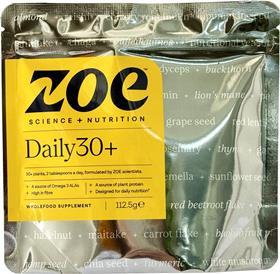
That is especially true when consumers are being bombarded with healthy eating messages. This includes eating 30 plants a week, which is advocated as a key element of optimum gut health. Zoe’s Daily30+ whole food supplement contains over 30 plants, such as seeds and legumes, and can be added to egg dishes, salad or pasta. It provides guidance on how to position meat substitutes as a practical, tangible and convenient way to support health goals.
Take the soon-to-be-launched Oh So Wholesome’s Veg’chop, which claims to contain 10 plants including lentils, mushrooms and chia seeds. It is high in both protein and fibre.
To succeed in 2025, successful meat-free brands will be those that move away from highlighting direct comparisons with meat, and instead focus on offering a nutritional profile over and above what meat can offer.








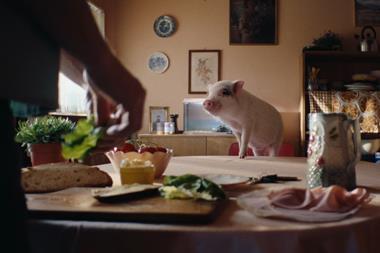










No comments yet